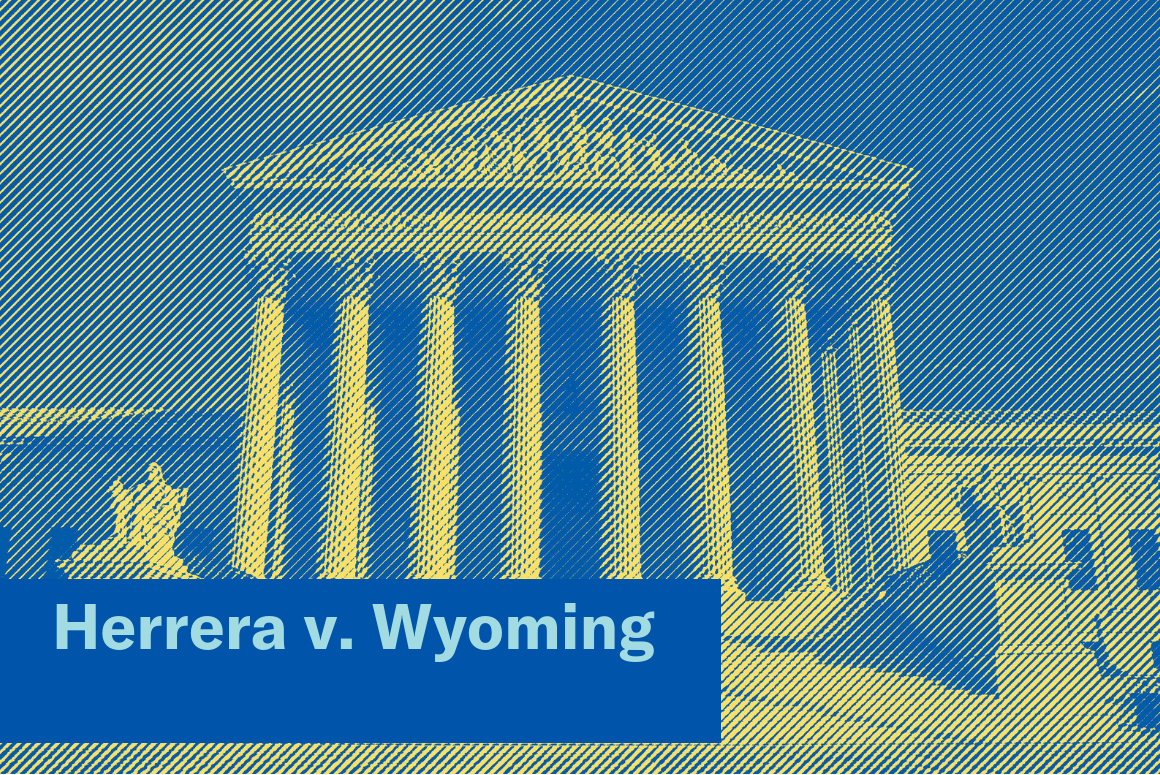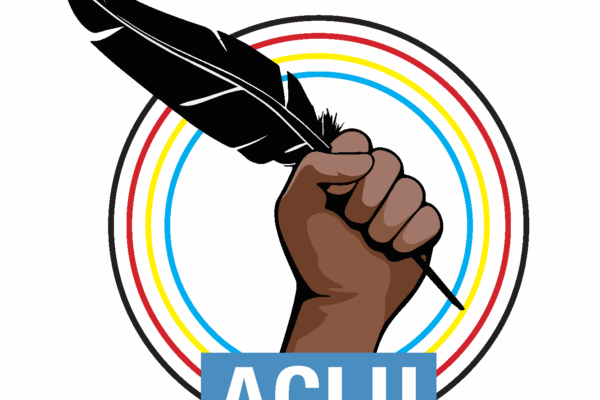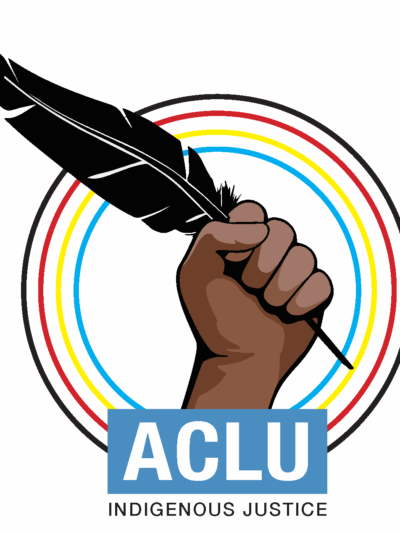Herrera v. Wyoming
- Filed: 09/11/2018
- Court: U. S. Supreme Court
- Latest Update: Sep 11, 2018

Related News & Podcasts
Jan 04, 2019

Herrera v. Wyoming: What You Need to Know
The U.S. Supreme Court will hear oral arguments for Herrera v. Wyoming on Jan. 8, 2019. In taking this case, the Supreme Court has a chance to hold the federal government accountable for a promise that it made to the Crow Tribe 150 years ago. That promise, ratified in the 1868 Treaty of Fort Laramie, guarantees the right of the Crow to hunt and fish on all “unoccupied lands” of the United States. The ACLU of Montana supports tribal sovereignty and signed onto an amicus brief in support of Clayvin Herrera and the Crow Tribe.
Sep 11, 2018

Great Nations Should Keep Their Word – The U.S. Supreme Court can reaffirm the right of the Crow Tribe to hunt and fish on traditional treaty land
Many commentators express astonishment that deliberate misinformation and broken promises are now the hallmarks of American government. Indigenous communities and individuals, however, don’t share that surprise. For them, the last two hundred years are filled with broken promises and deliberate misinformation from a government hell-bent on occupying every corner of the continent. This fall, the United States Supreme Court has a chance to finally hold the government accountable for the promises that it made to the Crow Tribe in Montana. Those promises, ratified in the 1868 Treaty of Fort Laramie, guarantee the right of the Crow to hunt and fish on all “unoccupied lands” of the United States.
Stay Informed
Sign up to be the first to hear about how to take action.
By completing this form, I agree to receive occasional emails per the terms of the ACLU’s privacy statement.
By completing this form, I agree to receive occasional emails per the terms of the ACLU’s privacy statement.


